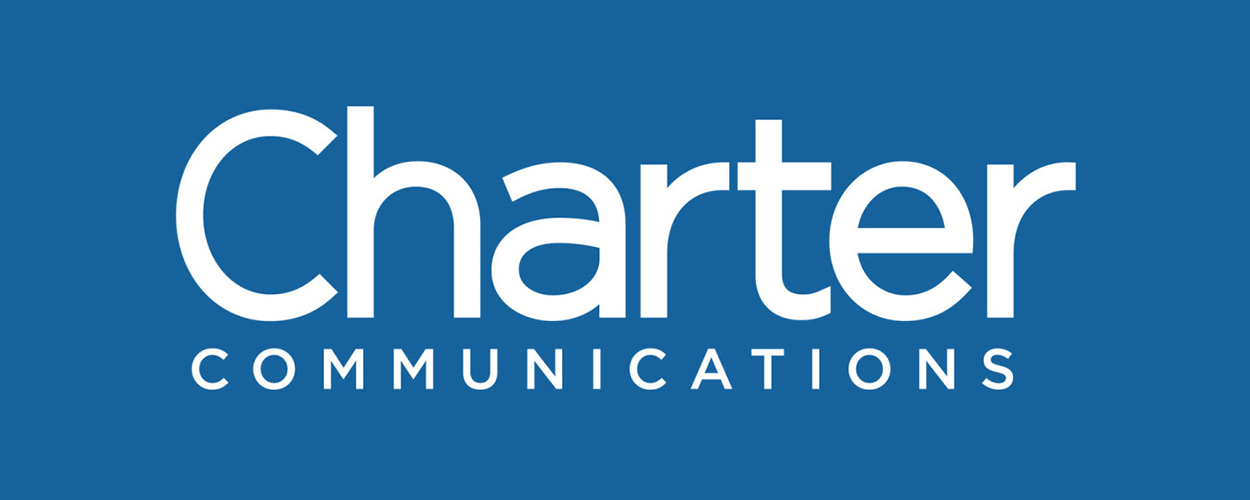This website uses cookies so that we can provide you with the best user experience possible. Cookie information is stored in your browser and performs functions such as recognising you when you return to our website and helping our team to understand which sections of the website you find most interesting and useful.
Business News Digital Labels & Publishers
Charter Communications files motion to dismiss in RIAA safe harbour case
By Chris Cooke | Published on Thursday 6 June 2019

American internet service provider Charter Communications has filed a motion to dismiss half of a lawsuit being pursued against it by the US record industry.
Charter is the latest ISP targeted by the music rights sector over allegations it operates a deliberately shoddy system for dealing with repeat infringers on its networks. Therefore, the music companies argue, it should lose its safe harbour protection under copyright law and be held liable for the copyright infringement of its users. The big test case on all this, of course, was BMG’s legal battle with Cox Communications.
BMG argued that, while the safe harbour says that internet companies cannot be held liable for the infringement of their users, that is only true if they have systems in place to remove infringing content and deal with infringing customers whenever they are made aware of such content or users. In theory Cox had systems to do all that, but it didn’t actually implement its repeat-infringer policies, and as such lost safe harbour protection in court.
On the back of that case, the Recording Industry Association Of America sued Grande Communications and then Charter Communications. In both cases the labels sued for both contributory and vicarious infringement. The latter was subsequently cut from the Grande case by the judge, and that’s what Charter now wants to happen with its lawsuit.
The distinction between the different kinds of infringement is important because it can impact on what damages are due if the ISP is ultimately found liable. Charter argues that if you take the accepted definition of vicarious infringement then it doesn’t apply in this case.
In its motion to dismiss, Charter explains “plaintiffs fail to adequately plead vicarious liability. The complaint lacks plausible allegations that Charter received a direct benefit from the alleged infringement or had the practical ability to stop it”. Both are required to prove vicarious infringement, it argues.
Although Grande got the vicarious infringement bit removed from its RIAA lawsuit, on the more general point of whether or not safe harbour should apply, things went against the ISP as its legal battle proceeded. We will now see if Charter likewise gets vicarious infringement taken out of the legal filing and then – more importantly – whether it has any good arguments to distinguish itself from Cox and Grande on the safe harbour point.





